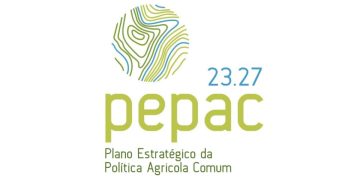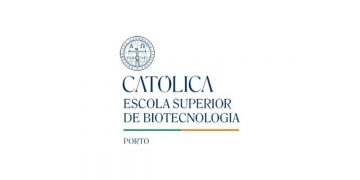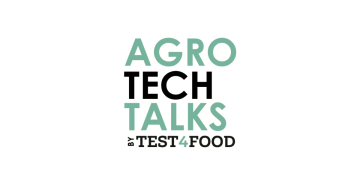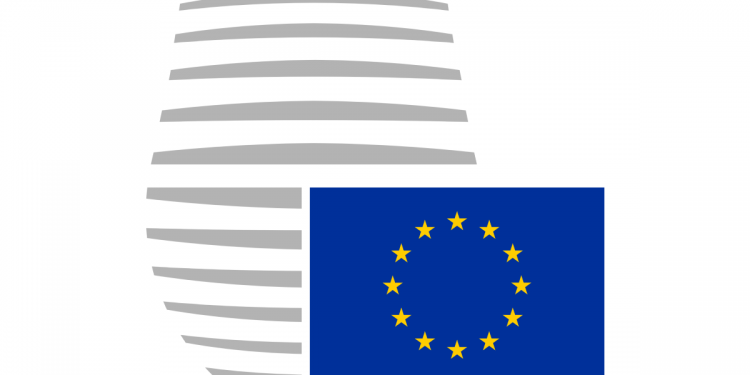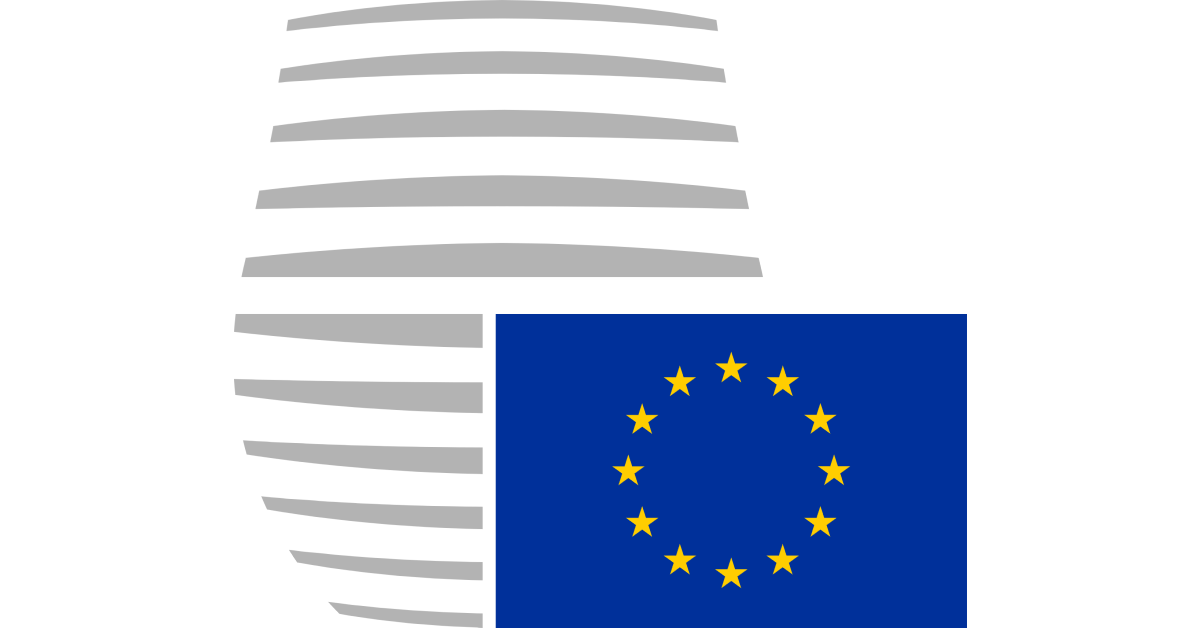Member states’ representatives agreed today the Council’s position on simplifying provisions related to the common agricultural policy (CAP). The aim is to boost the competitiveness of European agriculture by reducing red tape, supporting farmers, including new and young farmers, encouraging innovation and boosting productivity.
The proposal forms the so-called ‘Omnibus III’ package adopted by the Commission on 14 May 2025 to simplify EU legislation in the field of agriculture. The package contains amendments to two of the three basic legislative acts establishing rules for CAP, namely the strategic plan regulation (SPR) and the ‘horizontal’ regulation. In view of its significant implications, the Council has treated this initiative with utmost priority aiming to provide EU farmers and national administrations with the necessary legal certainty as regards their obligations.
The proposed simplification measures could lead to significant reductions in administrative costs for both farmers and national administrations. According to the Commission’s assessment, this simplification could lead to annual savings of up to €1.6 billion for farmers and more than €200 million for member states’ administrations.
The Council’s position maintains the general thrust of the Commission proposal in support of the following objectives:
- easing the administrative burden for farmers and administrations and reducing controls
- increasing the payments to small farmers and simplifying the rules on conditionality, in particular for organic farms
- reducing the on-the-spot checks and deleting of the annual performance clearance
The amendment of the agricultural reserve would limit demands for the use of this fund but corresponding new types of crisis payments in the SPR should, on balance, improve funding of farmers in times of crises. These proposed new types have now been deferred to the wider CAP revision.
Moreover, the Council’s mandate improves the following elements of the Commission proposal:
- gives flexibility to member states to decide to what extent partially organic farms could be considered to fulfil certain environmental standards, the so-called GAECs (good agricultural and environmental conditions)
- improves the possibility for farmers to benefit from risk management tools
- increases the percentage rate for advanced direct payments, improving the possibility for member states to assist farmers hit, for example, by natural disasters
Next steps
The Presidency stands ready to negotiate with the European Parliament, once the latter reaches its own negotiating position, to reach a final agreement on this file.
Background
The simplification package “Omnibus III” on agriculture is part of a broader political objective of enhancing EU competitiveness, by reducing businesses’ administrative burden and creating more favourable conditions for them to operate in the EU. This simplification drive is conducted in response to the impetus from the European Council (March 2023 Conclusions, 2024-2029 Strategic Agenda) that called for simplifying the general regulatory environment and reducing the administrative burden.
On 26 February 2025, as a follow-up to EU Leaders’ call, the Commission put forward the first two Omnibus packages with the aim of simplifying the existing legislation in the field of sustainability reporting and certain EU investment programmes. On 20 March 2025, the European Council in its conclusions urged the co-legislators to take work forward on the Omnibus simplification packages as a matter of priority and with a high level of ambition.
O artigo foi publicado originalmente em Conselho Europeu.



